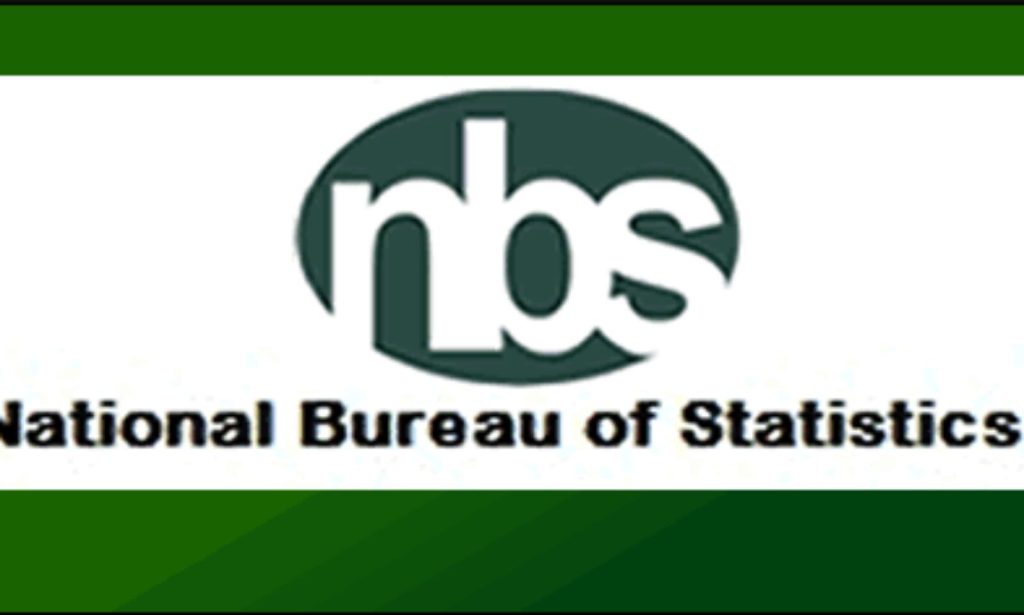The National Bureau of Statistics (NBS) has reported that Nigerian households experience an average of 6.4 electricity blackouts per week.
The findings were presented in the latest General Household Survey Panel (Wave 5) report, conducted in partnership with the World Bank. The survey, which included 4,715 households across the country, revealed significant challenges in energy access, particularly in rural areas where electricity infrastructure remains inadequate.
According to the report, power outages are a nationwide issue, with little difference between urban and rural households.

“Each outage lasts an average of 12.0 hours, resulting in a total of 67.2 hours of blackouts over seven days,” the report stated.
“There are no significant differences between urban and rural households. Urban areas experience an average of 6.4 outages per week, each lasting approximately 12.0 hours. Similarly, rural households face an average of 6.9 blackouts weekly, with each lasting about 12.1 hours.
“However, southern zones report longer blackout durations (exceeding 12 hours), while northern zones experience shorter outages (fewer than 11 hours).”
‘ONLY 53.6% OF NIGERIAN HOUSEHOLDS HAVE ELECTRICITY ACCESS’
The report also highlighted stark disparities in electricity access and supply reliability across the country.
It revealed that only 53.6 per cent of Nigerian households have access to electricity, with urban households enjoying significantly higher access rates at 82.2 per cent compared to just 40.4 per cent in rural areas.
“Approximately one in two Nigerian households reports having access to electricity,” the report noted. “The national average is 53.6 per cent, with a notable contrast between urban (82.2 per cent) and rural households (40.4 per cent). At the zonal level, the South East has the highest electrification rate at 74.6 per cent, while the North East trails with 29.5 per cent.”
The report further identified the Power Holding Company of Nigeria (PHCN)/Nigerian Electric Power Authority (NEPA) as the primary source of electricity for 88.2 per cent of households with access to power. Alternative sources such as generators (2.8 per cent), solar home systems (2.8 per cent), and local mini-grids (2.6 per cent) account for only a marginal share of the energy supply, underscoring heavy reliance on the national grid.
POWER SUPPLY CHALLENGES
Nigeria’s power sector has faced numerous setbacks this year, with repeated collapses of the national grid exacerbating the challenges. On 5 November, the grid collapsed for the ninth time in 2024, plunging the country into a nationwide blackout.
The Transmission Company of Nigeria (TCN) stated that the grid’s instability is likely to persist as repairs continue following yet another shutdown.


